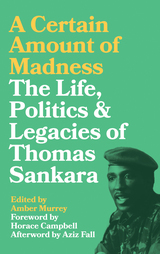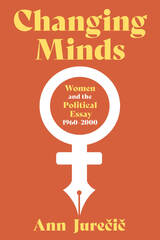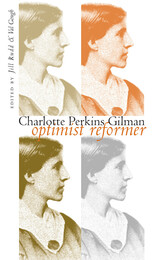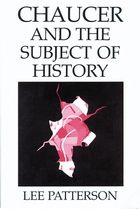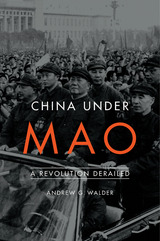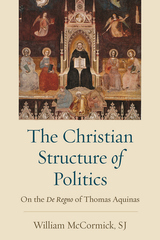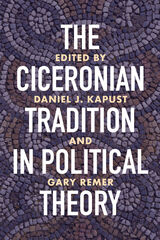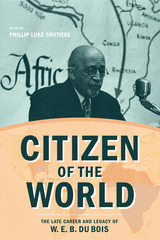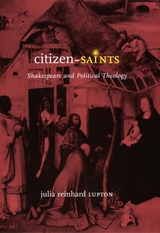Technology's Pulse: Essays on Rhythm in German Modernism
University of London Press, 2011
Paper: 978-0-85457-230-4
See other books on: Cowan, Michael | Essays | German | German Modernism | Rhythm
See other titles from University of London Press
Paper: 978-0-85457-230-4
ABOUT THIS BOOK
ABOUT THIS BOOK
, in particular, witnessed numerous efforts to define, discipline or 'liberate' temporal experience. Within this broader framework of thinking about temporality, 'rhythm' came to form the object of an intense and widespread preoccupation. Rhythmical research played a central role not only in the reconceptualisation of human physiology and labour in the late nineteenth century, but also in the emergence of a new leisure culture in the early twentieth. The book traces the ways in which notions of 'rhythm' were mobilised both to conceptualise modernity (narrate its origins and prescribe its directions) and, in particular, to forge a new understanding of temporal media that came to mark the mass-mediated experience of the 1920s: a conception of artistic media as mediators between the organic and the rational, the time of the body and that of the machine. Michael Cowan is Associate Professor of German and World Cinemas at McGill University. He is the author of Cult of the Will: Nervousness and German Modernity (2008), as well as several articles and collections on German literature, film, media and cultural history.
See other books on: Cowan, Michael | Essays | German | German Modernism | Rhythm
See other titles from University of London Press

